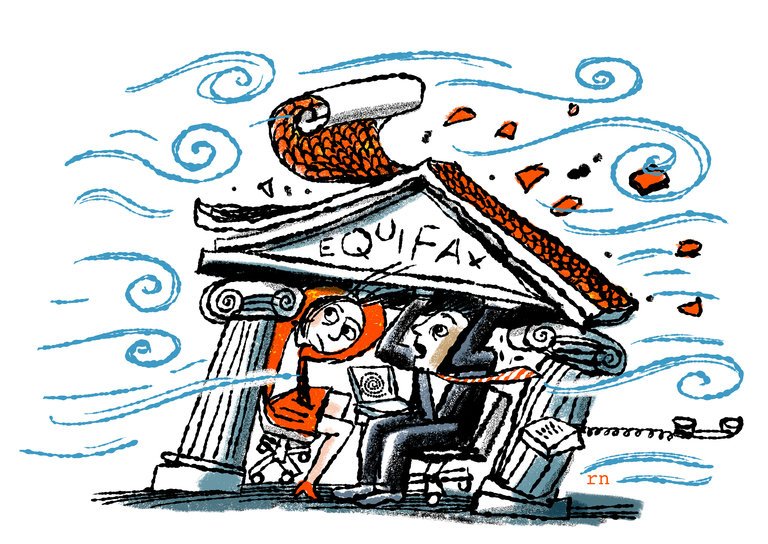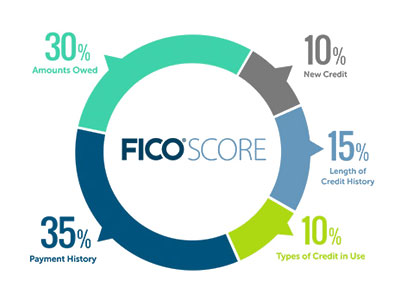Harvey, Irma, Jose, Equifax - Disaster

Equifax Data Breach - What's Next??
Have you ever looked through your credit card statement and been surprised to see a bunch of charges and none of them belonging to you? No, I did not just spend $350.00 on new fragrances from perfumania.com. I do not own a car so why would I need $70.00 worth of gas. Suddenly, you are overcome with insecurity, anxiety and fear. You start to panic. Beads of sweat running down your face.
If anything, Equifax's cybersecurity breach taught us the accessibility of sensitive information. It's never secure. Your personal information can be accessed, leaked, and compromised in the matter of minutes then sold on the black market. Even a reputable credit bureau can't protect your information. Identity thieves can buy a car, open a credit card, or buy a house in your name. All they need is the right information. Subsequently, what should one do when their information is compromised?
Chances are you were impacted by the Equifax security breach if you ever had a credit report run on yourself. Hackers captured names, birthdates, social security numbers, addresses and driver's license information. In addition to all the material acquisitions an individual can maintain in your name, hackers having this information will perpetuate tax fraud and avoiding preventative action could leave your medical benefits vulnerable to adverse activity. So again, how do you avoid being a victim of identity theft and fraud? Be proactive.
Unanimously, the first step is freezing your credit by contacting one or all three credit bureaus: Experian, Transunion, or Equifax. Freezing your credit will eliminate the ability for one to open a line of credit, or take out a loan in your name. Individually, you can rely on many services to monitor your credit or you can do it yourself. As well, it would be a good idea to check your credit and bank account balances weekly and run a credit report on yourself a couple times this year.
Even taking these steps, you may still be susceptible to identity theft. When you see that first unrecognizable charge a good check list to use is: https://www.identitytheft.gov/Steps. The FTC gives you a step by step process of what to do right away, what to do next, steps for certain accounts (phone, utilities, bank account, apartments and special forms of identity theft.) The biggest takeaway is to be cognizant and aware of the vulnerability at hand. Taking the necessary steps for prevention creates a safety net for worst case scenarios.




